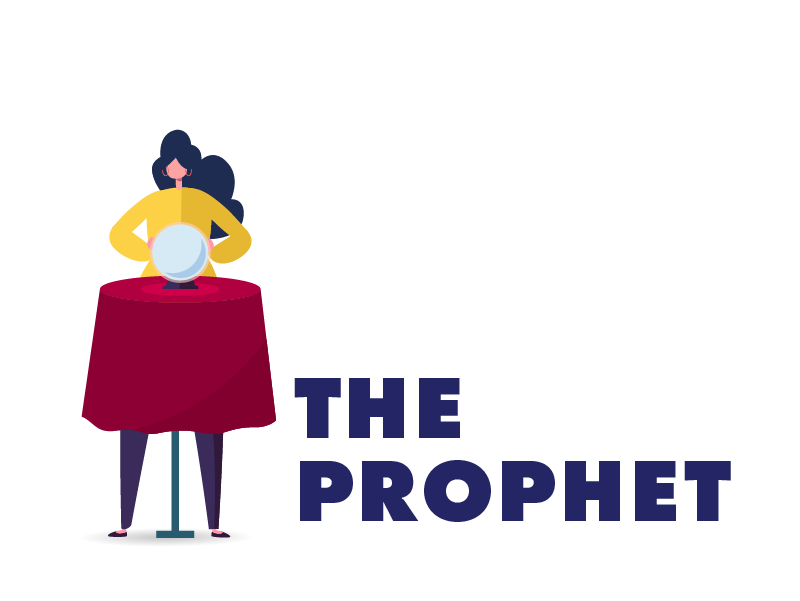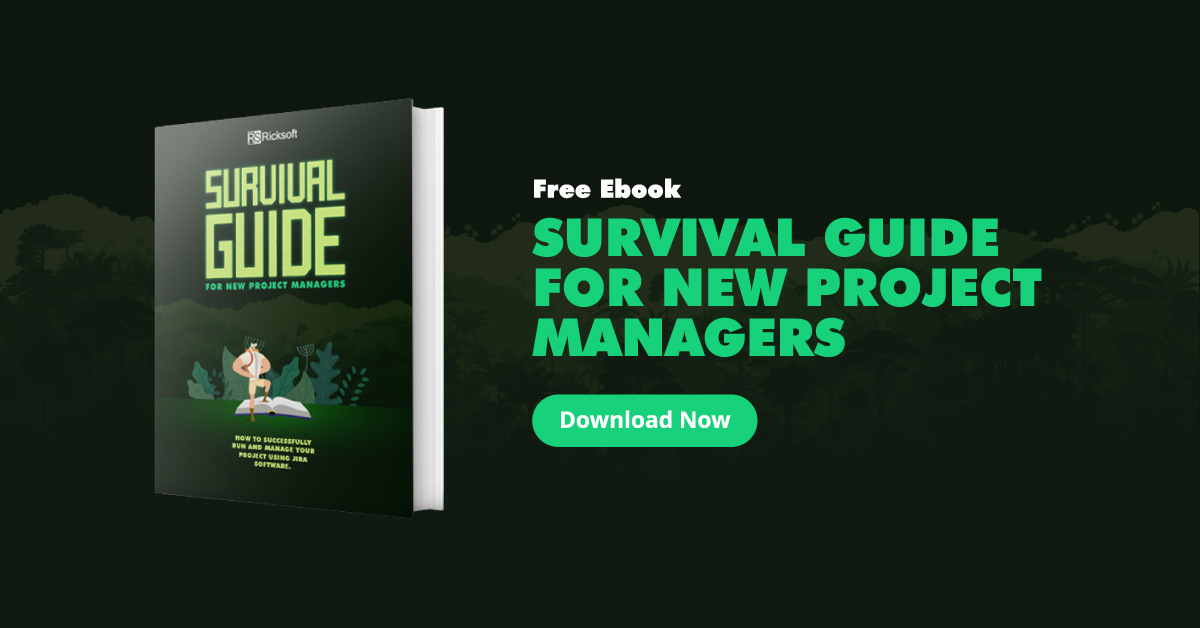Have you noticed how certain projects fuel your drive to overcome challenges and reach new heights? Conversely, some projects might make it challenging to find motivation in the morning.
As a project manager, wouldn’t you prefer to handle the “right” kind of projects? The key lies in understanding your managerial style.
Project managers vary in their approaches. Some are motivated by large-scale projects, while others thrive on continuous improvement. There are those who enjoy venturing into unexplored territories, while some prefer maintaining the status quo.
Harvard Business Review has pinpointed four types of project managers: Prophet, Gambler, Expert, and Executor.
Are you curious to discover your managerial type and the distinctive qualities that define your approach?
Take the Quiz: What Type of Project Manager Are You?
Answer the following questions to find out your project management style:
1. Which of the following projects is most interesting to you?
A. Drive large-scale innovation that requires long-term planning
B. Test new ideas for growth within existing business strategies
C. Breakaway from existing strategies to pilot a new project
D. Manage an ongoing project and optimize performance with data analytics
2. When initiating a new project, you prefer to…
A. Be challenged by “moonshot” projects that your organization has never done before
B. Focus on tangible outcomes based on current business goals
C. Research proven tactics that have yielded success elsewhere to transform internal business strategies
D. Have a strong business case or supported data within the organization to assess the likelihood of project success
3. What is your top priority to ensure effective leadership?
A. Lead with the power of persuasion and motivate teams with a grand vision
B. Communicate the project objectives and rewards
C. Get buy-in through a well-supported business case
D. Utilize data-driven analytics to generate reliable, actionable insights
4. What is the most crucial aspect of managing a project?
A. Establish a strong vision
B. Evaluate tangible benefits
C. Achieve organizational agility
D. Report data and insights
Result: The Four Types of Project Manager
If your answers are mostly A – You are the Prophet
You constantly seek to challenge the status quo with bold, new ideas. As a Prophet project manager, you are able to capture hidden growth opportunities based on research and observation of market performance rather than internal business strategies. However, disruption always brings uncertainty, so it’s extremely difficult to convince your teams to support your vision without quantitative evidence for success. In this case, it’s best to include a few numbers-driven, analytical members on your project team to develop a data-backed strategy for your project, even if the data points are derived from external resources.
You will thrive with projects that focus on experimental and innovative solutions. Example: Google’s Project Loon or Facebook’s Libra.
If your answers are mostly B – You are the Gambler
Just like the Prophet, you enjoy leading projects that touch on new ideas. The difference is that you prefer to align the project goals with business goals. So, instead of straying away from the current growth avenue, you seek to update the existing strategy by piloting a new solution, even though it may result in significant losses without supporting data. This can be a highly effective strategy, so long as you factor in ongoing feedback to continually improve the processes.
For example, Samsung’s Galaxy Fold was set to strengthen the company’s pioneering smartphone technology, but it failed to measure up to the customer’s expectations. The good news is that the project has raised the bar for the next generation of premium smartphones. Change is necessary; the challenge is to realize the growth opportunity and execute it effectively.
If your answers are mostly C – You are the Expert
You tend to find the perfect balance between launching a moonshot project and keeping it viable. In other words, you have a big vision, and you make sure that it’s supported by a solid business case. Your priority is to align your team members on a shared goal, communicate the strategic change in favor of the project requirements, and get management buy-in. You are the key enabler for a self-disrupted organization! This type of project management is extremely crucial in today’s accelerating technological disruption.
Intel’s transition from memory chips to microprocessors is an example of a delayed yet important project that pushed the company forward for years to come.
If your answers are mostly D – You are the Executor
You prefer to play by the rules with a well-documented strategy. You are driven by execution excellence. You understand that while big, disruptive, moonshot projects can transform a business, they also come with a lot of risk and uncertainty. The reality is that execution excellence is how most businesses gain and sustain their competitive advantage. You thrive when you’re working on well-defined projects with clear scopes and success metrics.
Understanding your distinct project management style is important to choosing the right projects and identifying potential weaknesses.
Gamblers and Prophets should consider including numbers- and process-oriented people on their teams to ensure that their projects are backed by data and executed competently. Meanwhile, Executors can benefit from including a challenger or disruptor on their team, who can help them identify opportunities to improve upon the status quo.
In an ideal organization, there should be a diverse, skilled project management team that can tackle different areas of business growth, whether it’s continuous improvements or leading innovations.
Embarking on your project management journey? Grab our free Survival Guide for New Project Managers today and set yourself up for success!






